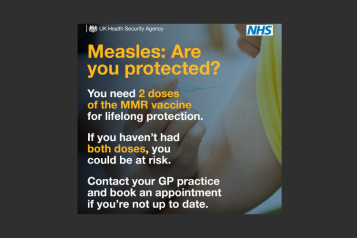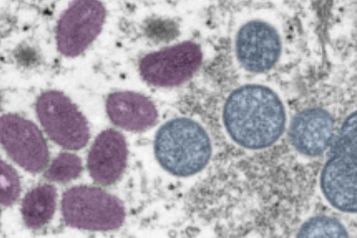NHS to increase Polio Vaccine Drive

Parents are being urged to vaccinate their children against polio in the capital, which has low vaccination rates in some boroughs.
The UK Health Security agency has not detected the poliovirus in sewage water since November, but remains vigilant in trying to prevent cases in the capital. It says that fewer poliovirus detections in London suggests reduced community transmission but warns that vaccine rates in some London borough is still too low.
The health organisation's catch-up vaccination programme is set to increase in primary schools and community clinics during the summer term, while the NHS in London will focus on under-vaccinated children most at risk.
To date, there have been no detections of vaccine-derived poliovirus type 2 in 18 sites outside of London and no paralytic polio cases reported; however, the World Health Organization requires evidence of 12 months of zero detections before the UK is no longer considered to be a polio ‘infected’ country.
Vaccination rates in London are lower than the rest of the country with 87.6% of children receiving all their polio vaccinations by the time they turn 1 year compared to 92.1% in England as a whole. Uptake for the preschool booster for children aged 5 years is even lower at 69.9% in London compared to 83.4% in England.
In response, the NHS in London will soon be delivering a catch-up campaign, offering polio jabs and other routine childhood vaccines such as Measles, Mumps and Rubella (MMR) to unvaccinated or partially vaccinated children aged one to eleven years, during the summer term. Children will receive vaccines through a combination of primary school and community clinics, with a particular focus on supporting communities with the lowest levels of vaccine uptake.


